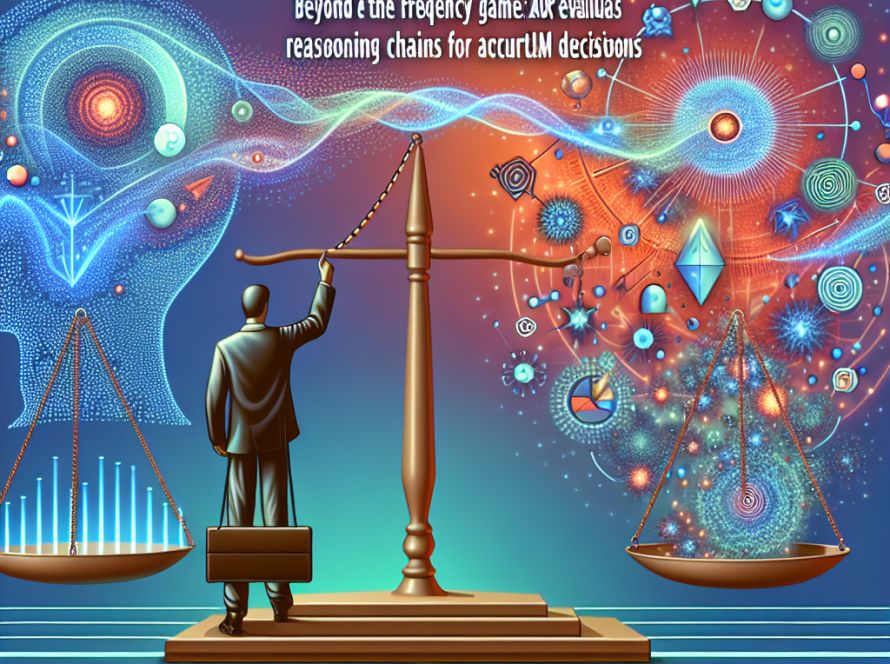Last year, tech giant Meta launched Galactica, an artificial intelligence (AI) tool designed to write articles, solve complex math problems, generate computer code, and aid in scientific research. However, despite being pitched as an AI-powered asset to scientific inquiries, Galactica faced severe criticism for inaccurate generation of factual data, an issue that can be a major pitfall when handling scientific information where precision and accuracy are paramount. After a brief three-day run on the internet, Meta was compelled to take Galactica offline.
Galactica’s release had closely followed that of OpenAI’s ChatGPT. The latter too faced accusations of political bias and factual inaccuracies, but it continues to thrive in areas where fact-checking isn’t as critical, such as generating marketing plans. OpenAI’s private status, as opposed to Meta’s large publicly traded company stature, could be one possible reason for the starkly different outcomes of Galactica and ChatGPT.
Post Galactica’s failure, analysts and tech pundits have speculated about what went wrong. Some critique the tool’s innate ability to deliver incorrect or biased outputs that could potentially pose misleading information as authoritative and correct. Despite such setbacks, it is widely believed that Meta will return to the AI scene with improvements to Galactica or even an entirely new product.
These developments come in the wake of several failures by Meta, including its ill-received attempt at creating a metaverse and its own cryptocurrency named Diem. The controversies surrounding its facial recognition technology and the declining popularity of Facebook and Instagram in comparison to TikTok have also played a part in Meta’s recent struggles. Nevertheless, Meta has announced the inclusion of AI chatbot assistants across Facebook, Messenger, and Instagram, reflecting its goal to integrate AI into practically every product in its line.
Google’s recent foray into the AI space with Bard, an AI assistant, places additional pressure on Meta. Despite a series of setbacks, Meta’s CEO Mark Zuckerberg has assured investors of the company’s continued focus on AI development for 2023. While Galactica is currently offline, Meta remains enthusiastic about AI, as evident from its partnerships with celebrities for ‘AI friends’ and talks of collaborations with news publishers for AI training. These moves, however, seem to be a race against time as the company faces significant commercial pressure in the face of dropping share prices and public mistrust. The comparison to MySpace, a social network platform that declined as Facebook surged, serves as a stark reminder of the risks inherent in the high-stakes world of big tech.


